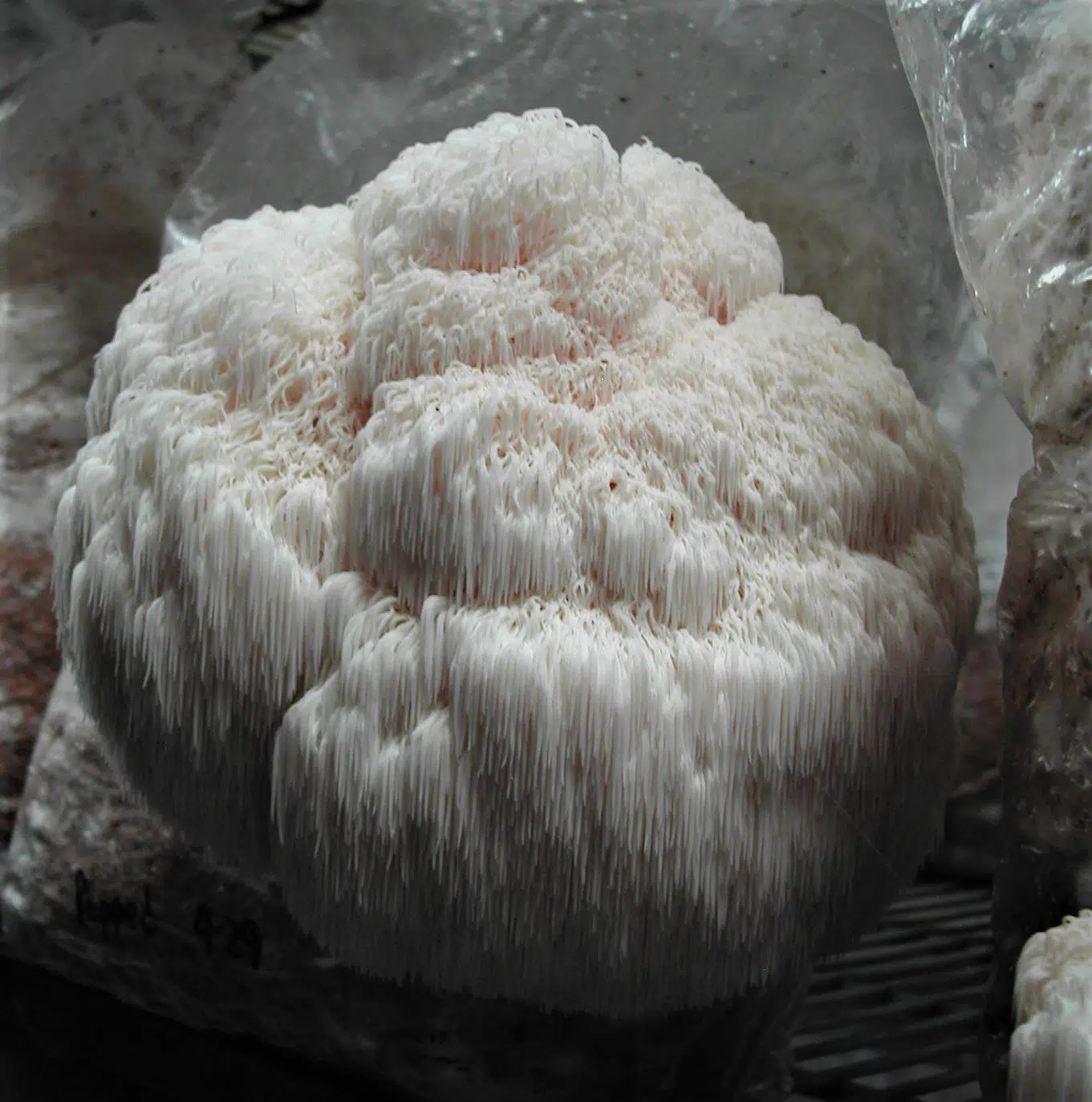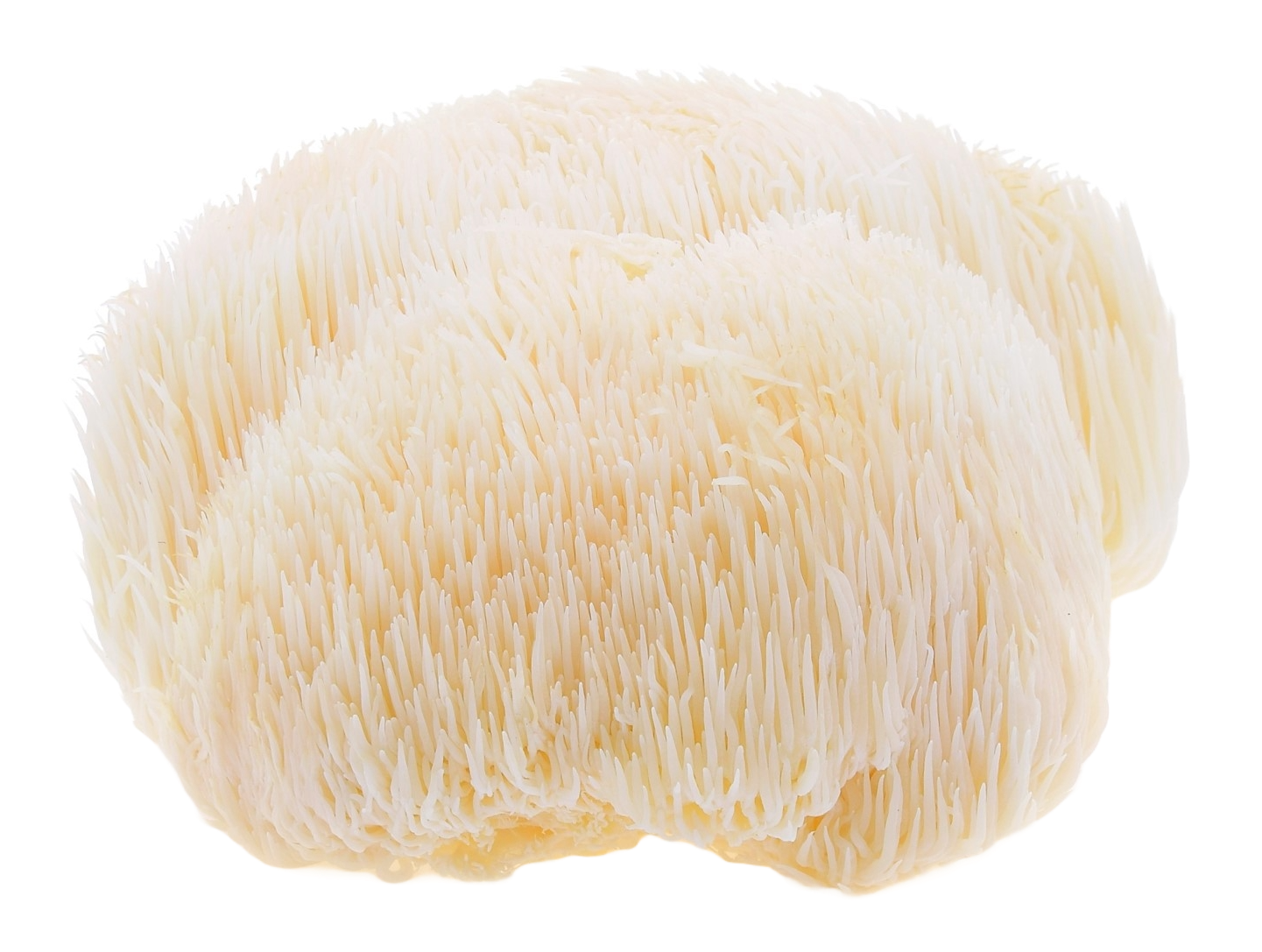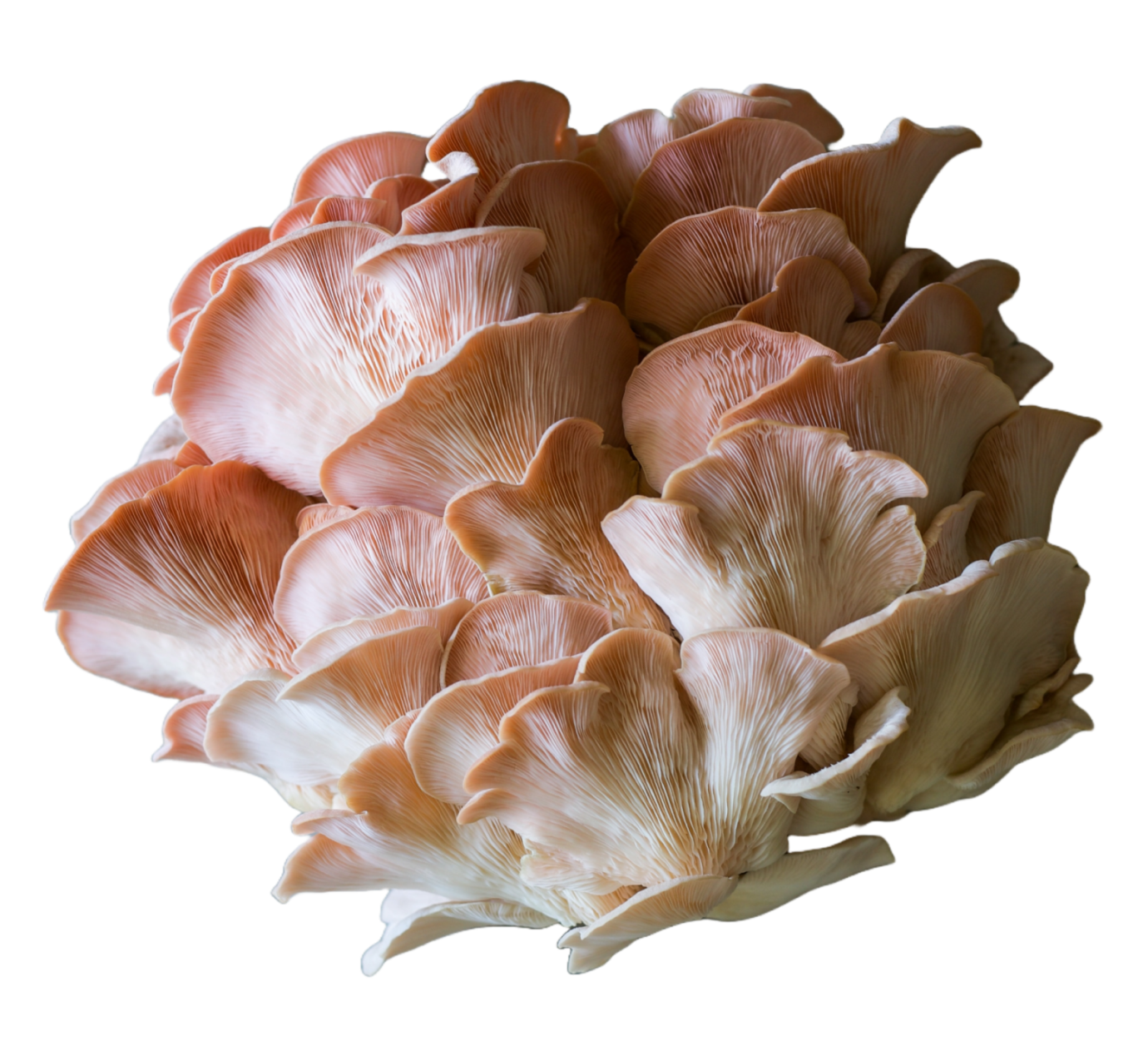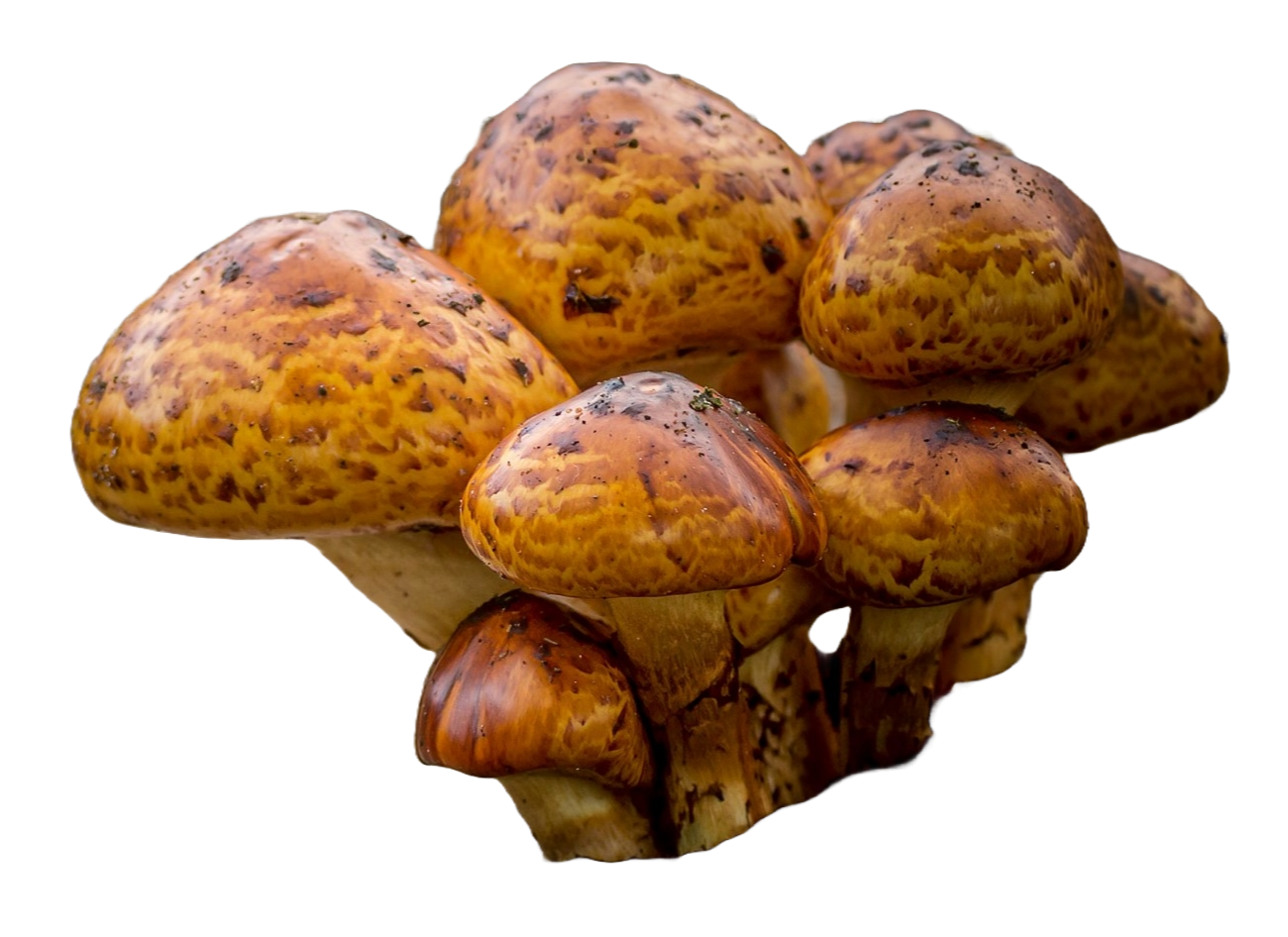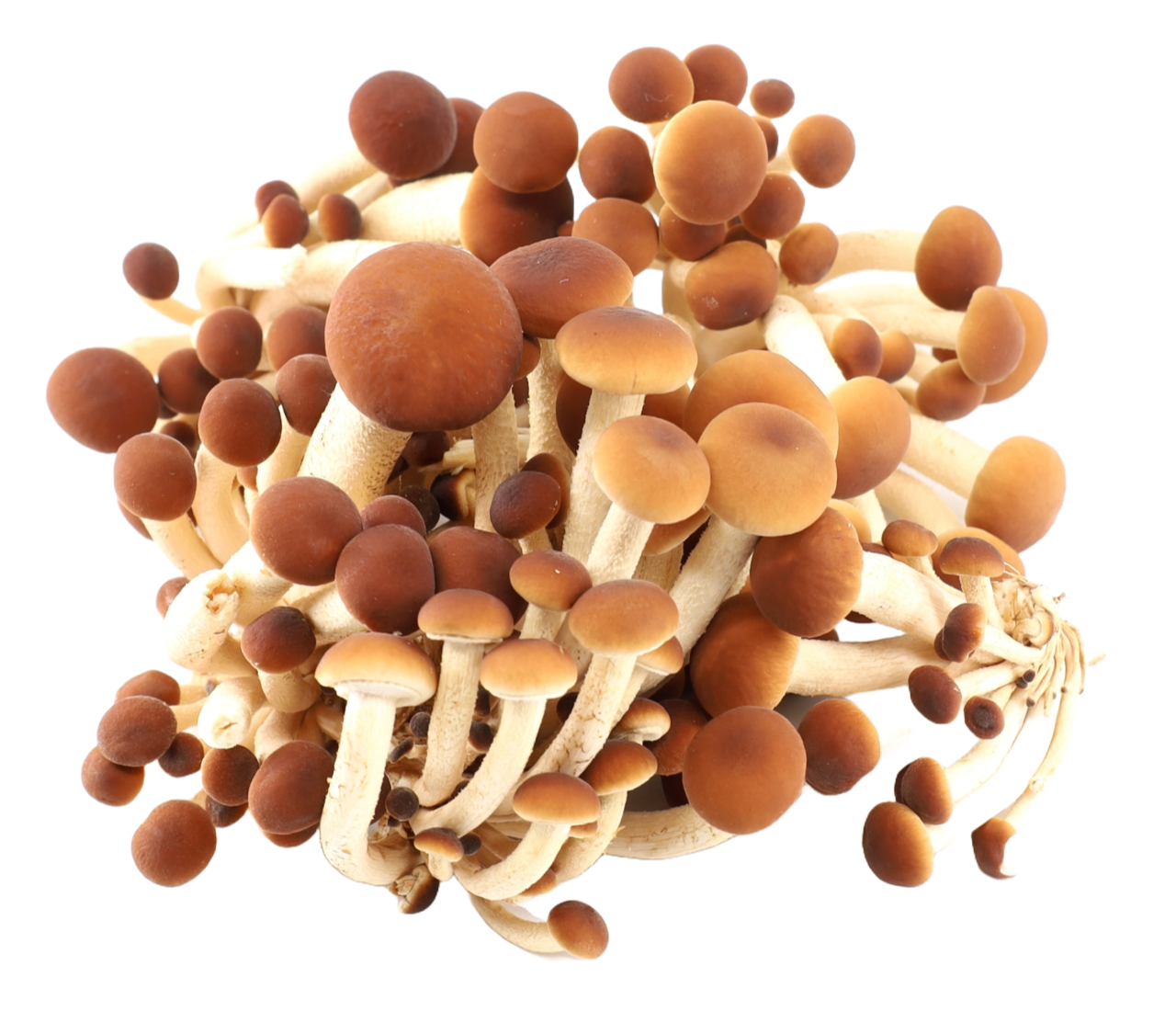Melena de León
Hericium erinaceus
La Melena de León, científicamente conocida como Hericium erinaceus, es un hongo fascinante que destaca por su apariencia única y su valor culinario. Esta especie pertenece a la familia Hericiaceae y es reconocida por su crecimiento distintivo en forma de estalactitas que se asemejan a una melena de león, colgando de troncos o ramas de árboles.
Ecológicas Sostenibles
Gourmet
Ecológicas
Sostenibles
Gourmet
Ecológicas
Sostenibles
Gourmet
Este hongo presenta una fase juvenil de color blanco que, a medida que madura, puede desarrollar tonos amarillos o marrones. Su textura es esponjosa y suave, similar a la carne, lo que lo convierte en un ingrediente apreciado en la cocina. Se encuentra comúnmente en madera muerta de árboles caducifolios como robles o hayas, y su aparición es más frecuente durante la temporada de otoño.
La Melena de León no solo es conocida por su atractivo visual, sino también por su sabor delicado y agradable. Su versatilidad en la cocina permite su incorporación en diversos platos, desde salteados hasta sopas y guisos.
La Melena de León no solo es apreciada por su singular apariencia y su sabor delicado, sino que también se le atribuyen varios beneficios potenciales para la salud.
- Estimulación del Crecimiento Nervioso: Se ha observado en estudios que la Melena de León podría promover el crecimiento y la salud de las células nerviosas, lo que la convierte en un posible candidato para apoyar la función cerebral y el sistema nervioso.
- Propiedades Antioxidantes: La presencia de compuestos antioxidantes en la Melena de León puede ayudar a combatir el estrés oxidativo en el cuerpo, lo que podría contribuir a la salud general y al envejecimiento saludable.
- Potencial Anticancerígeno: Algunos estudios han sugerido que la Melena de León podría tener propiedades anticancerígenas, aunque se necesita más investigación para confirmar estos efectos y comprender su alcance completo.
- Modulación del Sistema Inmunológico: Se ha sugerido que este hongo podría tener efectos positivos en el sistema inmunológico, ayudando a modular la respuesta inmune y brindar defensas naturales al cuerpo.
- Posible Regulación del Azúcar en Sangre: Algunas investigaciones preliminares sugieren que la Melena de León podría tener efectos hipoglucémicos, lo que podría ser beneficioso para personas con problemas de regulación del azúcar en sangre.
La Melena de León es un hongo comestible que se puede preparar de diversas maneras en la cocina. Saltéalo y será increíblemente sabroso por sí mismo o en un sándwich con un poco de mayonesa picante (nuestra opción favorita). Algunas personas prefieren utilizar este tipo de hongos para preparar croquetas de cangrejo veganos.
